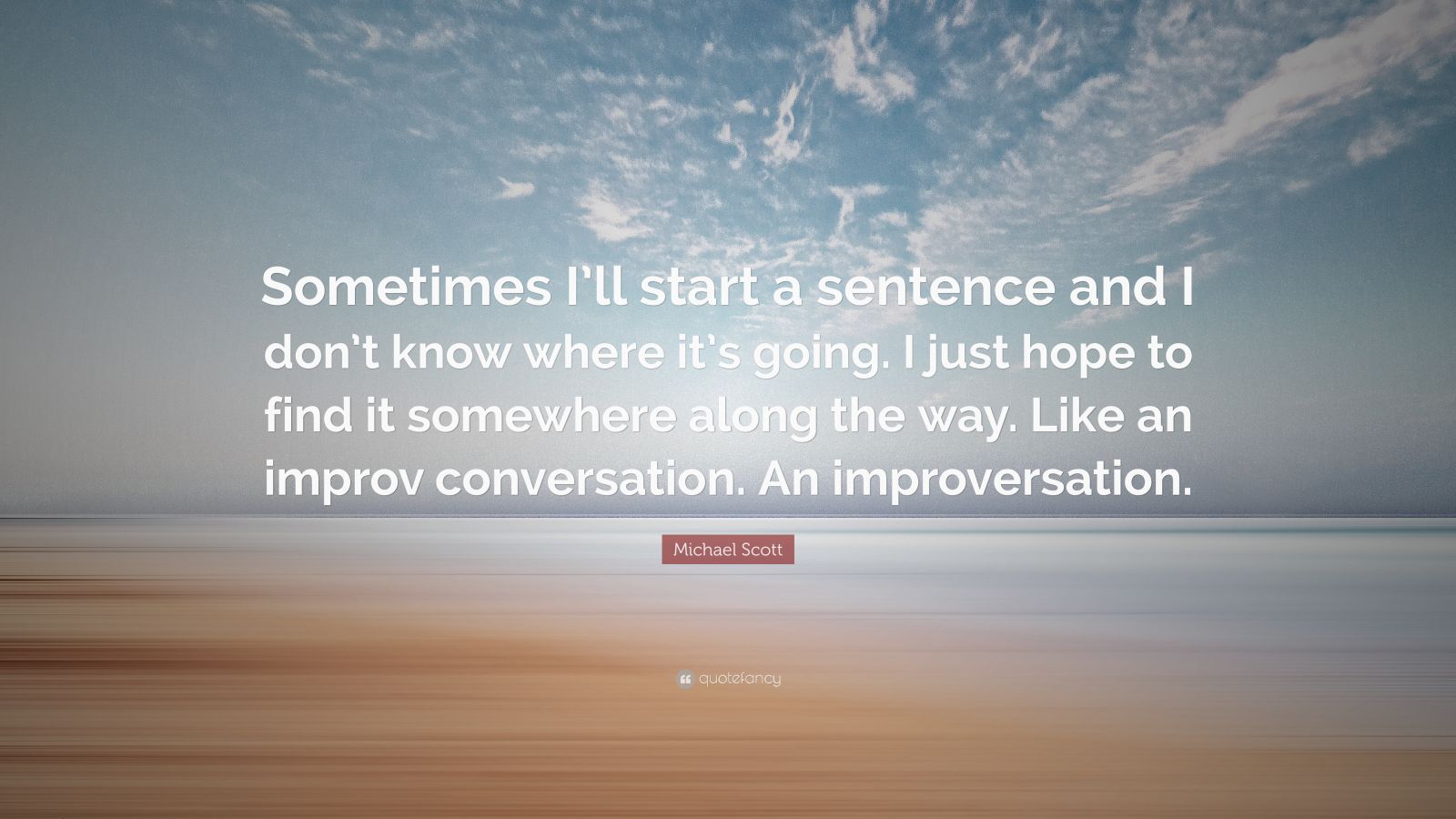

There’s no reason to throw the baby out with the bath water. And if there is an instance where intolerable confusion will ensue, just don’t use hopefully. The counter-argument is that there are few instances where a reasonable person would be confused context usually makes the meaning clear. Context Can Make Hopefully OK to Use at the Beginning of a Sentence It could mean Steve broached the subject in a hopeful manner, or it could mean the storyteller is hopeful that Steve broached the subject of an expedition. Hopefully, Steve broached the subject of an expedition.īut language sticklers will say, “Aha! We’ve got you now!” Hopefully, Steve broached the subject of an expedition could mean two different things. Fortunately relates to the entire point that the chocolate was out of reach, and honestly describes the subject’s state of mind and gives the whole sentence a confessional quality. I am hopeful you can see that the sentence adverbs fortunately and honestly modify the whole sentence in the same way that hopefully did in the previous example.

Nobody has ever written in complaining about sentences like these:įortunately, the chocolate was out of reach. Other words that can function as sentence adverbs include fortunately and honestly, and for some reason these are less controversial than hopefully. Hopefully means I’m hopeful I’ll get some of that chocolate. You see, adverbs modify verbs, but they can also modify other adverbs or, as they do in this case, whole sentences. In that sentence, hopefully is behaving like a sentence adverb. Squiggly is looking in a hopeful manner at the chocolates.īut about 300 years later, people started using hopefully to mean “I hope,” as in Hopefully, I’ll get some of that chocolate.

Paul is correct that hopefully is an adverb in that sentence. Here’s the deal: the traditional use of hopefully, which goes back to at least the 1600s, is to mean “in a hopeful manner,” as in Squiggly looked hopefully at the box of chocolates. I don’t know what’s going on in her head when she does this, but here’s what’s going on in my head when it happens to me: I just happened to hear the Business Week reporter right when I needed a clip. I don’t mean to pick on the speaker here-as I said, I do this a lot. Here’s what a self-correction sounds like this one’s from last week’s Business Week podcast: If you’ve ever heard me give a radio interview, you’ve probably heard me self-correct this problem. The problem Paul is talking about is when people start a sentence with “hopefully” instead of “I hope.” I’m probably going to make everyone crazy with this topic, because I think it should be OK to start a sentence with “hopefully,” but I’m still going to tell you not to do it. Maybe you could drive more people crazy with it than I do. I drive a lot of people crazy with that one it’s a big pet peeve of mine. It’s an adverb, but nobody uses it that way. I was wondering if maybe you could do a podcast devoted to the misuse of the word hopefully. Response last updated by looney_tunes on Sep 01 2016.Paul from Long Island, NY, called the voice-mail line with this comment: There are far fewer times to use the word correctly than there are to use it incorrectly, which has made many grammar sticklers angry about the word being used at all. The Correct Usage - Using the word correctly as an adverb means to substitute it instead for the phrase "full of hope" or "in a hopeful manner." When unsure whether the word is being used correctly, simply use one of those phrases instead and see whether the sentence still makes sense. Using the word hopefully as a substitute for the phrase "I hope" or "it is hoped" is the most common, but incorrect, usage. The use of hopefully as a verb in its own right usually comes from a mistaken belief about the meaning of the word. It's not a verb, as it is most commonly used. But because it's used improperly so often, its use can be highly annoying to many. The word hopefully seems like a common word with a well-known meaning.


 0 kommentar(er)
0 kommentar(er)
